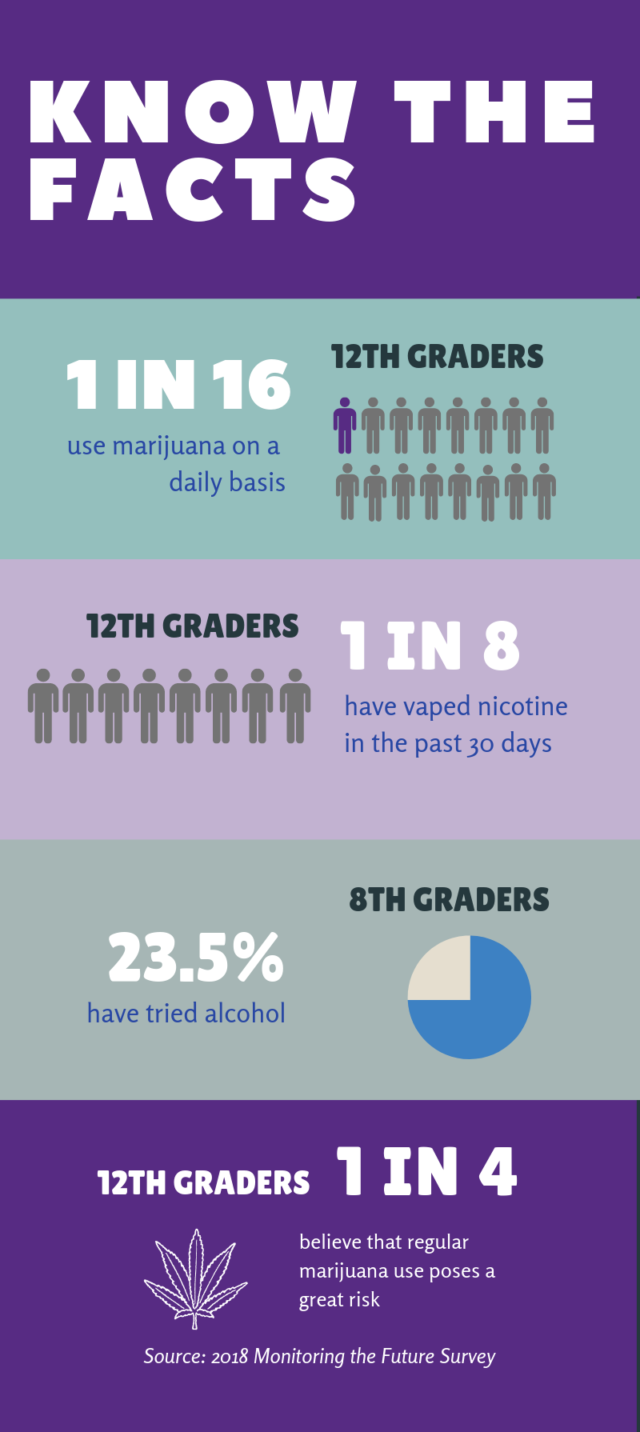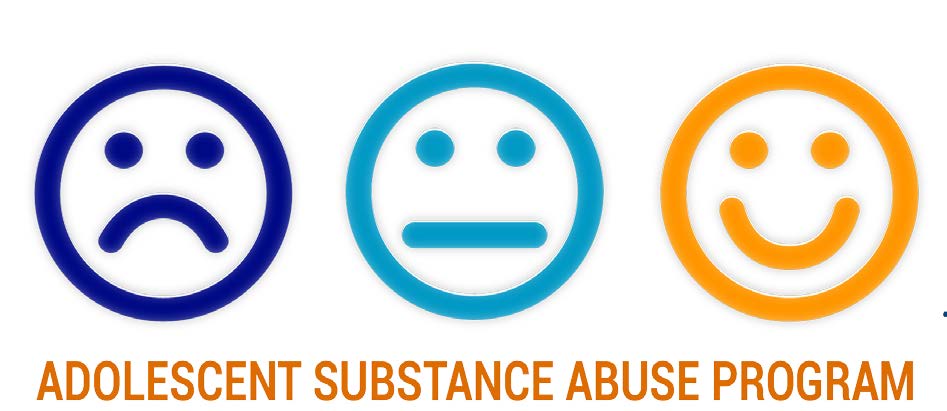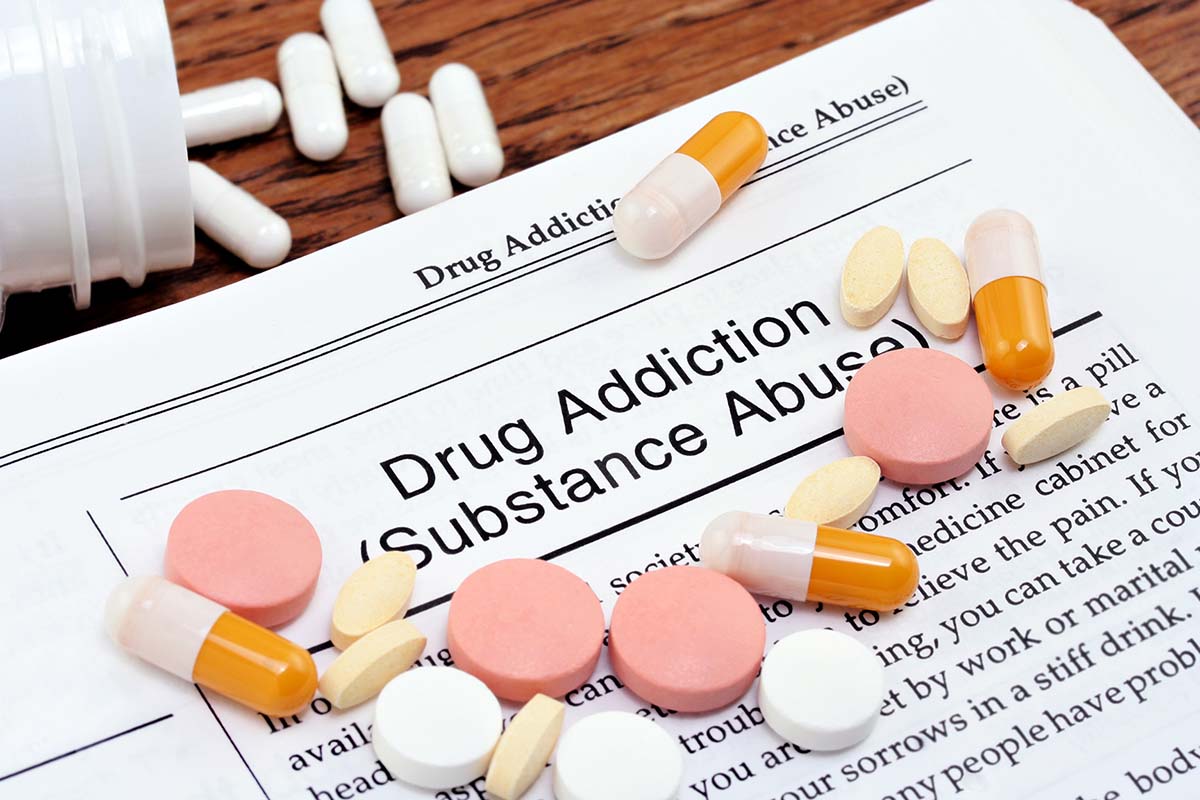Why people trust rehab near Chester NJ for affordable programs
Wiki Article
A Comprehensive Guide to Substance Abuse Rehabilitation
Substance Abuse rehabilitation, often described as rehab, is an organized process created to help individuals get over dependence on drugs, alcohol, or other habit forming substances. It is not simply concerning detoxification-- it is a journey of mental, psychological, and physical transformation. Rehab facilities give safe atmospheres where people can face the origin of their dependency, address psychological triggers, and learn dealing systems to endure long-term sobriety. This procedure is guided by skilled specialists, including therapists, clinical doctors, and counselors who comprehend the intricate nature of dependency as both a behavioral and physiological condition.Comprehending the Core important Abuse Recovery
At its core, recovery has to do with reconstructing an individual's life. Addiction typically leaves behind deep scars-- strained connections, monetary distress, health issue, and psychological instability. Via comprehensive rehabilitation programs, people are offered the devices to fix these facets progressively. Rehabilitation isn't nearly staying away from compounds; it's regarding recovering control and finding one's sense of self-respect. The programs emphasize structure, consistency, and individual liability, which are crucial to lasting healing success. Every little milestone during rehabilitation works as a foundation for lasting sobriety.Substance Abuse Abuse recovery is not a one-size-fits-all technique. It acknowledges that each person's dependency tale is special-- what resulted in Substance Abuse misuse, just how it advanced, and how recuperation can be continual vary extensively. Consequently, treatment centers tailor care strategies based upon individual assessments, making certain that every individual receives assistance that lines up with their mental state, dependency history, and life circumstances. This individualized method substantially enhances recuperation outcomes and aids prevent regression once people reintegrate into day-to-day life.
The Benefits of Inpatient Rehab Programs
Inpatient rehab, likewise referred to as household therapy, offers one of the most efficient methods for those fighting severe Substance Abuse addiction. One of its key benefits is the distraction-free and structured environment. When a person enters an inpatient facility, they are temporarily eliminated from outside triggers-- such as close friends who make use of compounds, demanding work environments, or family members problems-- that could prevent their recovery. This isolation from negative influences allows patients to focus totally on recovery. Living within a supportive and monitored setup develops the security needed to break old habits and form healthier patterns of actions.An additional significant advantage of inpatient rehab is the 24/7 specialist guidance offered to each patient. Withdrawal symptoms from medicines or alcohol can be unpredictable and, in some situations, dangerous. Inpatient facilities have clinical groups that offer round-the-clock care, guaranteeing clients are comfy and safe throughout cleansing. Beyond physical health, constant guidance additionally uses emotional confidence-- clients know that assistance is available at any moment, which minimizes anxiety and builds count on the healing process. This prompt access to emotional and medical assistance substantially enhances the success price compared to outpatient look after severe dependencies.
Inpatient rehabilitation programs cultivate a strong sense of community and accountability. People communicate with others that share comparable struggles, take part in group treatment, and engage in activities that urge teamwork and empathy. This setting supports shared understanding and lowers sensations of isolation usually associated with addiction. By attaching with peers and gaining from their experiences, individuals establish social bonds that remain to sustain them also after leaving the facility. This feeling of belonging, combined with consistent expert assistance, makes inpatient rehabilitation a very efficient foundation for lasting healing.
Inpatient Rehabilitation Providers Supplied
Inpatient rehabilitation centers provide a diverse variety of services designed to treat the mind, spirit, and body at the same time. The initial phase generally involves medical detoxification, a procedure that safely gets rid of substances from the body while handling withdrawal signs and symptoms. Detoxification is overseen by doctor that may carry out medicine to alleviate discomfort and protect against complications. Individuals change to organized day-to-day programs that consist of counseling, health, and treatment activities once detox is complete. This incorporated approach ensures that clients not only conquer physical reliance however likewise address mental and emotional aspects of addiction.Healing services go to the heart of inpatient rehab. Facilities offer person treatment sessions, where clients function one-on-one with licensed specialists to uncover the underlying sources of their addiction-- such as injury, psychological wellness disorders, or unresolved psychological discomfort. Cognitive-behavioral therapy (CBT), dialectical behavior modification (DBT), and motivational interviewing are amongst one of the most common evidence-based methods made use of. Furthermore, team therapy sessions provide an encouraging area for clients to share experiences, gain viewpoint, and create interpersonal skills. Household therapy is likewise frequently included, assisting to reconstruct depend on and boost interaction between people and their enjoyed ones.
Beyond conventional treatment, numerous inpatient programs include holistic and recreational services to promote total health - Inpatient rehab. Yoga, meditation, art treatment, and health and fitness programs help in reducing stress and anxiety and instruct mindfulness. Nutritional therapy ensures that individuals rebuild physical wellness, as Substance Abuse frequently diminishes the body's necessary nutrients. Some rehabilitation focuses even offer employment training and instructional workshops to assist individuals get ready for reintegration right into culture. These varied solutions are designed to recover the whole individual-- not simply deal with dependency symptoms-- by fostering strength, purpose, and balance
Why You Should Think About Outpatient Programs
While inpatient rehab offers a extensive and immersive technique, outpatient programs provide an alternative that enables versatility for individuals who can not dedicate to full time household therapy. Outpatient rehab allows clients to obtain structured therapy and medical support while preserving their day-to-day pop over here responsibilities-- such as job, image source family members, or school treatment. For lots of people with mild to moderate addiction, outpatient therapy offers the perfect balance in between healing and day-to-day life. It enables individuals to practice the coping abilities they discover in real-world atmospheres, strengthening their durability in the face of everyday difficulties.One more reason to take into consideration outpatient programs is their cost-effectiveness. Inpatient care can be pricey due to lodging, meals, and 24-hour guidance, which may not be monetarily feasible for everyone. Outpatient programs, however, usually set you back less due to the fact that they do not require residential remains. Lots of facilities supply sliding-scale settlement alternatives or approve insurance coverage to make therapy easily accessible. For those that have currently completed inpatient rehab, transitioning into an outpatient program acts as an important continuum of care, assisting preserve responsibility and stop regression with ongoing support.
Furthermore, outpatient programs supply a high level of modification. Clients can pick between partial a hospital stay programs (PHP), intensive outpatient programs (IOP), or common outpatient treatment, depending upon their level of requirement. Each option gives differing levels of structure and time dedication. For instance, IOPs normally include numerous therapy sessions per week, while basic outpatient treatment could consist of weekly therapy sees. This flexibility makes certain that clients can receive professional aid customized to their recovery stage, making outpatient programs a functional and encouraging choice for long-lasting recovery maintenance.

Discovering Various Other Treatment Options basically Abuse Healing
Beyond inpatient and outpatient rehab, there are several other treatment options offered for people looking for healing from Substance Abuse addiction (rehab near Chester NJ). Medication-assisted treatment (FLOOR COVERING) is one such approach, incorporating recommended drugs with behavior therapy to handle withdrawal signs and decrease cravings. Medications like methadone, buprenorphine, or naltrexone are typically used in opioid addiction treatment, while acamprosate or disulfiram might sustain alcohol healing. MAT aids support brain chemistry, allowing individuals to concentrate on therapy and way of living adjustments without the overwhelming discomfort of withdrawal
Alternate therapies are additionally ending up being significantly popular basically Abuse therapy. These might consist of alternative practices like acupuncture, horse treatment, adventure-based counseling, and spiritual recovery programs. While these approaches might not replace conventional treatment, they can match it by enhancing emotional regulation, self-awareness, and self-confidence. The goal of discovering various therapy alternatives is to create a healing plan that resonates with each person's worths, beliefs, and way of living. An individualized mix of treatments commonly yields the most sustainable results, encouraging individuals to live a fulfilling, substance-free life.
The Course to Long-Term Sobriety and Healing
Finishing rehab-- whether inpatient or outpatient-- is just the beginning of a lifelong recovery journey. Aftercare programs play an important duty in keeping sobriety and protecting against relapse. These programs might consist of recurring therapy, support system like Narcotics Anonymous or Alcoholics Anonymous, and sober living arrangements that supply ongoing structure. Consistency and area are essential; people that stay connected to recuperation networks are extra likely to maintain long-lasting progression. Rehabilitation teaches the required coping abilities, yet aftercare makes certain that those abilities are used and strengthened in real-life circumstances.Long-term recovery additionally depends on way of living adjustments that support physical and mental well-being. Developing healthy and balanced routines-- such as normal workout, balanced nourishment, and mindfulness techniques-- helps restore equilibrium to the mind and body. Involving in deliberate tasks like volunteering, pursuing pastimes, or reconnecting with loved ones can fill up the psychological space left by Substance Abuse use. Concentrating and creating a positive way of thinking on future goals provide recouping individuals a renewed sense of identification and direction. Soberness is not about starvation; it's about reclaiming life's splendor and possibilities.

Via extensive rehabilitation programs, individuals are given the tools to fix these facets gradually. Inpatient rehabilitation programs foster a strong feeling of community and accountability. While inpatient rehabilitation uses an immersive and extensive approach, outpatient programs provide an alternative that permits flexibility for people that can not commit to permanent household therapy. Outpatient rehabilitation allows people to obtain organized therapy and medical support while keeping their daily responsibilities-- such as family members, institution, or work care. Beyond inpatient and outpatient rehab, there are numerous various other treatment choices readily available for individuals seeking recovery from Substance Abuse dependency.
Report this wiki page